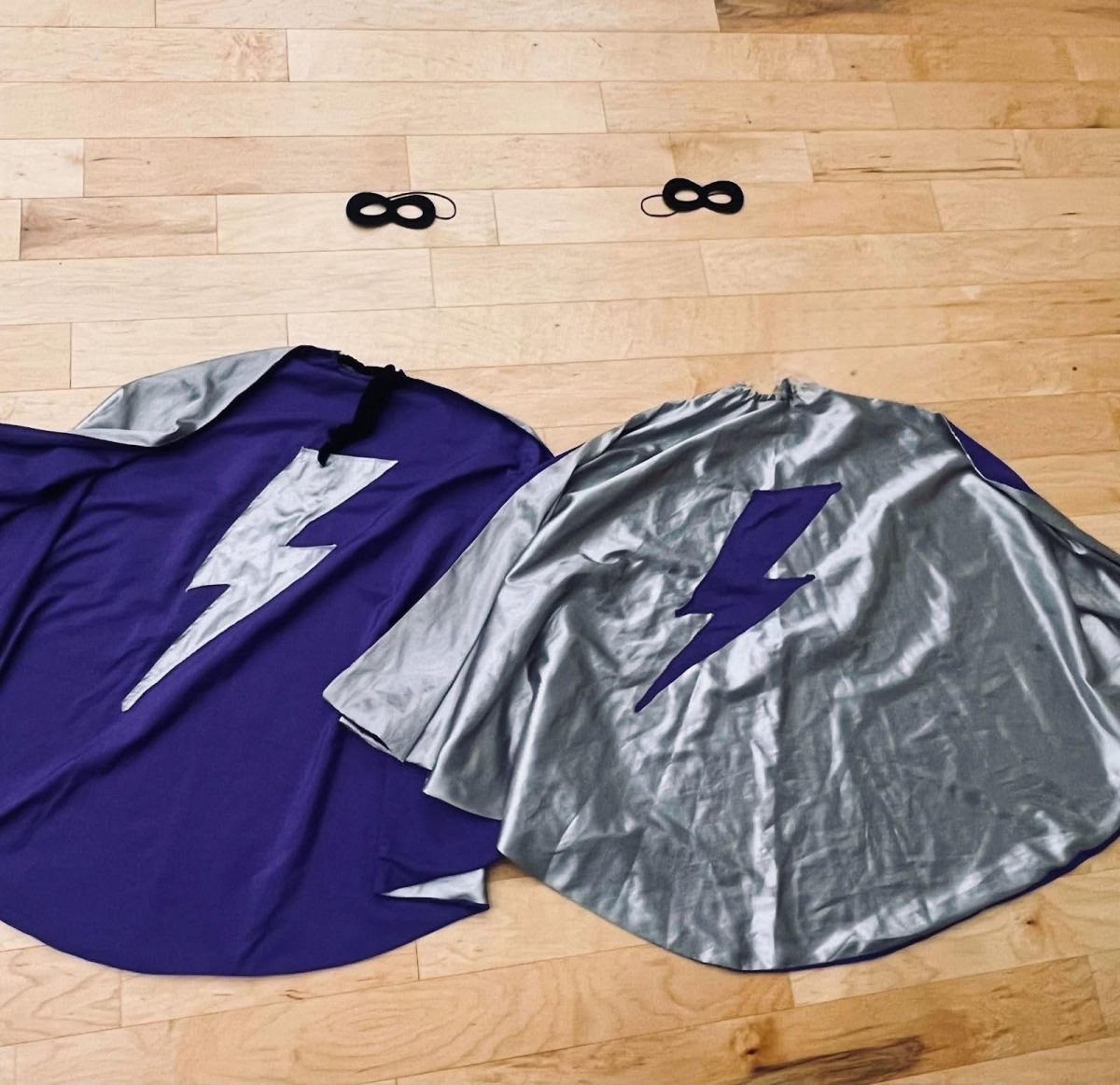
On Apr. 10th, 2024, Kim Reynolds signed a bill into law that will make it a state crime for a person to enter Iowa after having been deported or denied entry into the United States. This means that a portion of asylum seekers will no longer be welcome in the state of Iowa, along with individuals who are living here under the Deferred Action for Childhood Arrivals (DACA) program.
Asylum is the protection granted by a nation to someone who has left their native country as a political refugee. There are many reasons why people choose to seek asylum. War, political unrest, religious or political persecution, discrimination, subjugation are all grounds for someone to seek asylum.
Some are quick to label undocumented immigrants as criminals and say they are taking jobs and opportunities. However, they add diversity and culture that raises the value of our country.
I am a child of immigrant parents. I have felt discrimination first hand and sometimes, I don’t know how to react to that discrimination. People can be ignorant when it comes to their stance on immigrants and their families. Many don’t think about our perspective and they immediately think they know how we think and act.
My father, Max Villatoro, got deported in 2015 and has endured so much to be happy and comfortable with our family.
“When I was 20, I migrated to the U.S. alone. I left Honduras and crossed the south of Mexico…and from Mexico I went to the Mexico-U.S. border,” he stated.
Villatoro never had left his little village in Honduras, so this was a big change for him.
“It was very hard…the little amount of money I had was gone very quickly. I had to start finding rides to get to places, many times I had to ask for food. We didn’t have anywhere to shower so we would shower in the rivers,” he said. Villatoro had always been poor, but the absence of a home and a family to rely on was very difficult for him.
Moving to the US is a dream for many people around the world, especially those living in underdeveloped countries. But many don’t understand how hard it is to experience the “American Dream” that they want. This dream drew Villatoro to the state of Iowa.
“My older brother already had been living here for like eight years, so he was already established here in Iowa. So I came to West Liberty, Iowa,” he reflected. But living in Iowa brought many challenges to his life.
“Life in Iowa was very hard because as an immigrant you don’t have papers so you have to find a job where they will pay you cash. The adaptation was very hard because I didn’t know the language and I came from a very happy country.” Eventually, he made a life for himself in Iowa. “I lived in Iowa for like 20 years, I had a work permit, I had a family, I had friends, and I was even a pastor at a Church my wife and I had planted in Iowa City (Iglesia Torre Fuerte). I had friends of all races, I felt like I was from here,” he said.
All of this was stripped away when the law enforcement came knocking on his door one morning. Villatoro was detained on March 3, 2015, very early in the morning before work. “It was very traumatic, I felt very rejected and hated by this country. I felt like it was very unfair because I had worked here many years and did everything right [to live a happy life].”
Deportation rates have nearly doubled with more than 142,000 immigrants being deported in 2023. Villatoro is one of many to experience this. After being deported, he eventually sought asylum and was able to return to Iowa, and his family.
“Living in Iowa again was very weird after seven years but it’s been good. I’ve gotten more used to being with my family again because I lived alone and away from everyone for 5 years. I missed a lot of important moments with my kids and wife and it was pretty rough but we have chosen to stick together and to be better together,” he said.
The U.S. Department of Justice warned Iowa it faces a lawsuit over a new law making it a crime for individuals previously denied U.S. entry to be in the state. The Department of Justice (DOJ) says the law, which goes into effect July 1, violates federal authority on immigration, similar to a Texas law currently challenged in court. Many think this law dehumanizes immigrants and gives them an unfair criminal record, especially for some that have lived here their whole lives and done nothing but good for this country.
“I feel very disappointed with the state of Iowa. They [immigrants] come to work, they do the work others don’t want to do, which keeps our country running,” says Villatoro. With uncertainty surrounding the future of this law, it simultaneously brings uncertainty into the lives of immigrants living in Iowa. Villatoro hopes that people can see positive effects that immigrants have on our communities.
“I don’t think that new immigrants come to the state or country to do bad or hurt us, but to bring happiness and culture to our country,” he stated.









